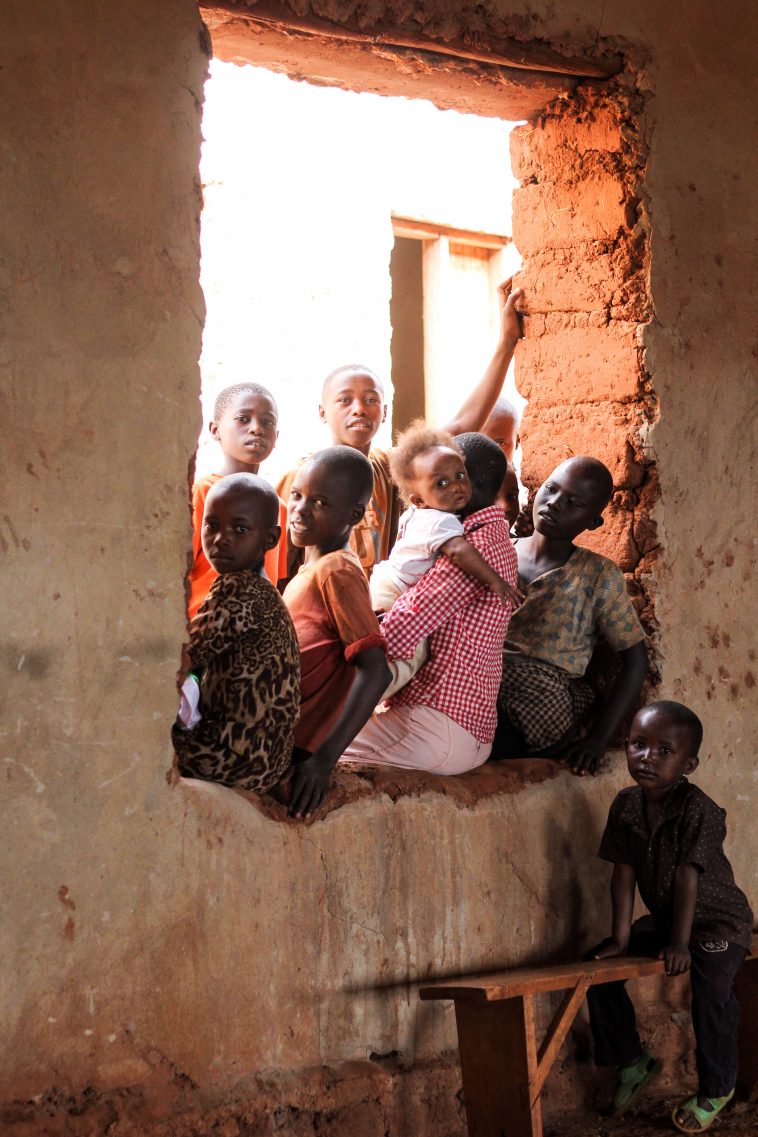The United Nations has issued a grave forecast, indicating that the hunger crisis in Africa is set to intensify dramatically next year, with an estimated 50 million Africans likely to face hunger. This alarming situation will bring the total number of hungry individuals on the continent to over 300 million, marking the largest single-year increase in this group.
Margot Vandervelden, the World Food Programme’s acting regional director for Western Africa, has highlighted a dire scenario where inadequate funding will lead to even moderately hungry people missing meals and settling for less nutritious options. She warns this could lead to a vicious cycle of hunger and malnutrition. The World Food Programme attributes this impending crisis to soaring food prices, the impacts of climate change, and ongoing regional conflicts.
The Sahel region in Africa faces ongoing conflicts that have forced millions to flee their homes. The World Food Programme (WFP) reports a critical lack of funding to address these issues. Consequently, access to nutritious food is limited, disproportionately impacting women and children.
The area has seen a rise in armed insurgent groups, leading to the collapse of counterterrorism measures. This failure has created a space for terrorist organizations to flourish. The Council on Foreign Relations highlighted earlier this year that violent extremist organizations exacerbate the humanitarian crisis by attacking aid workers and exploiting the instability to recruit and control local populations across the Sahel. In countries like Nigeria, Ethiopia, and Sudan, agricultural productivity is severely threatened due to the ongoing turmoil.
The Sahel region faces challenges beyond local disputes. The Russian invasion of Ukraine significantly impacted global wheat supplies, leading to the termination of the crucial Black Sea grain deal. This disruption caused the loss of vital grain shipments to Africa. Notably, in the first half of 2023, the UN had sourced approximately 80% of its grain from Ukraine, distributing it to areas in dire need. The collapse of this deal resulted in skyrocketing food prices, making basic food items unaffordable for many. Most affected regions are still struggling to find ways to recover.
Additionally, climate change poses a growing threat to Africa. The continent is disproportionately affected by the consequences of worldwide emissions, especially in terms of food production. Despite this, there seems to be a lack of urgency in addressing Africa’s vulnerability to this crisis. A food systems specialist, Florian Kroll, expressed disappointment in the COP28 declaration, stating it “dismally fails Africa.” At the summit, leaders from Africa and the Middle East introduced a $10 billion project to fund technological advancements in agriculture and farming. This initiative is intended to assist millions suffering from climate-related food insecurity.
While some leaders in Africa have praised the initiative, various experts contend that the expansion of traditional agriculture could exacerbate environmental harm and raise Africa’s greenhouse gas emissions. “Africa will be more impacted by climate change than other continents,” noted Kroll from the Institute for Poverty, Land and Agrarian Studies. Pursuing more sustainable food systems holds promise, but he warns, “Without a complete overhaul of the food production system, the impact will be minimal.”
Yet, the challenge isn’t limited to agricultural productivity. Many regions are also experiencing an industrial dry spell. This year, due to harsh macroeconomic conditions, several companies, including international corporations, have downsized or ceased operations. This situation has a complex effect on both inflation and unemployment rates.
The core issue for Africa isn’t hunger, but rather productivity. Hunger is merely a symptom of this larger problem. Therefore, there is a significant opportunity for businesses willing to invest in enhancing African productivity.



